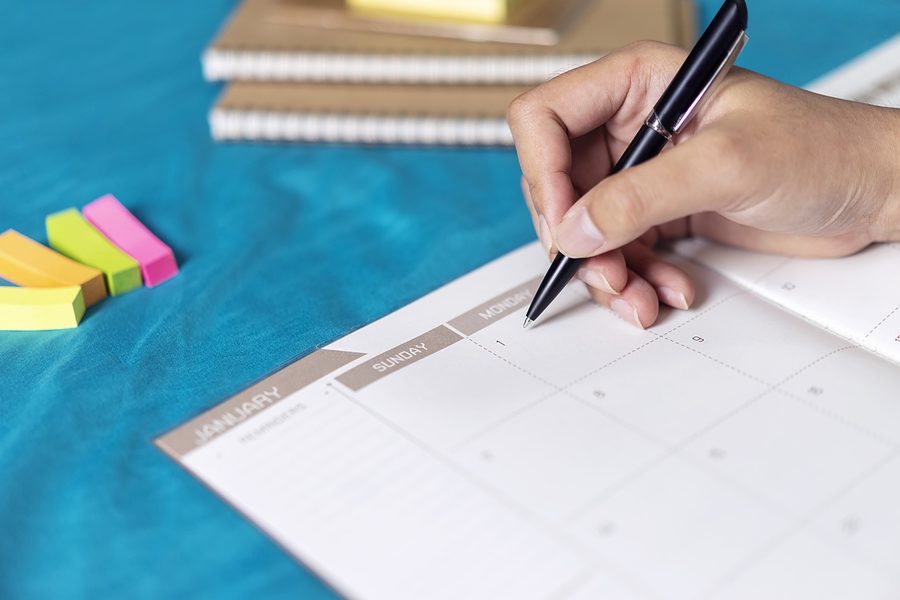Op-Ed: The Benefits of Routine
February 12, 2020
Routine. It’s not the most appealing aspect of life at first glance. In passing, some of us don’t really give it much thought, but we all have routines, whether we’re aware of it or not.
There is a lot of fascinating psychology behind what we do in our everyday lives. One would be surprised at the impact our routines have on our mood and behavior, and how developing them is often essential for a happy, productive life.
First of all, having a routine can do wonders for stress levels. Trying to remember a seemingly infinite To-Do list can induce a lot of unnecessary anxiety. Having a routine, however, that one sticks to everyday, eliminates some of this stress because beneficial habits become automatic.
A secondary benefit is comfort. I speak from experience when I say routine gives one a sense of security. It is reassuring to have a set schedule and to know when and how something is happening. In other words, planning and repetition can relieve a lot of pressure.
Routines can also improve time management, a necessary skill for high school students, who often have little time to complete work. According to Blurt, a non-profit that researches and raises awareness for clinical depression, by developing habits, people can be more productive and find more time to pursue things that they care about.
As Charles Duhigg, author of “The Power of Habit: Why We Do What We Do in Life and Business,” points out, “Routine basically gives us the mental freedom to think about what’s actually important. That way we don’t have to think about all the mundane aspects of life. Getting to relegate all those things to sort of an automatic thought process, we gain all the mental bandwidth we need to do the really important things in life.”
Setting good habits and following them can be hard, especially considering the increased academic and extracurricular pressure students are facing, but the security and comfort is worth the effort of implementation. The hard part is finding a routine that works for you and making a commitment to it.
However, imagine the benefits of improving one’s productivity and efficiency after school. Routine is a great way to feel in control of one’s life, even when problems and feelings of uncertainty arise.
If I had to give one piece of advice, I’d say the key is continuity. On average, it takes over 2 months before a new behavior becomes automatic. If you can maintain a habit for even that long it will become natural and you’ll have one less thing to think about.
It may seem like this initial phase is a long time, but we all know how quick time can fly. Take it one day at a time and enjoy the journey instead of focusing on the destination.
While it may seem trivial, routine can relieve much of your daily stress, improving your mood and helping you achieve your goals in the long-run.























































